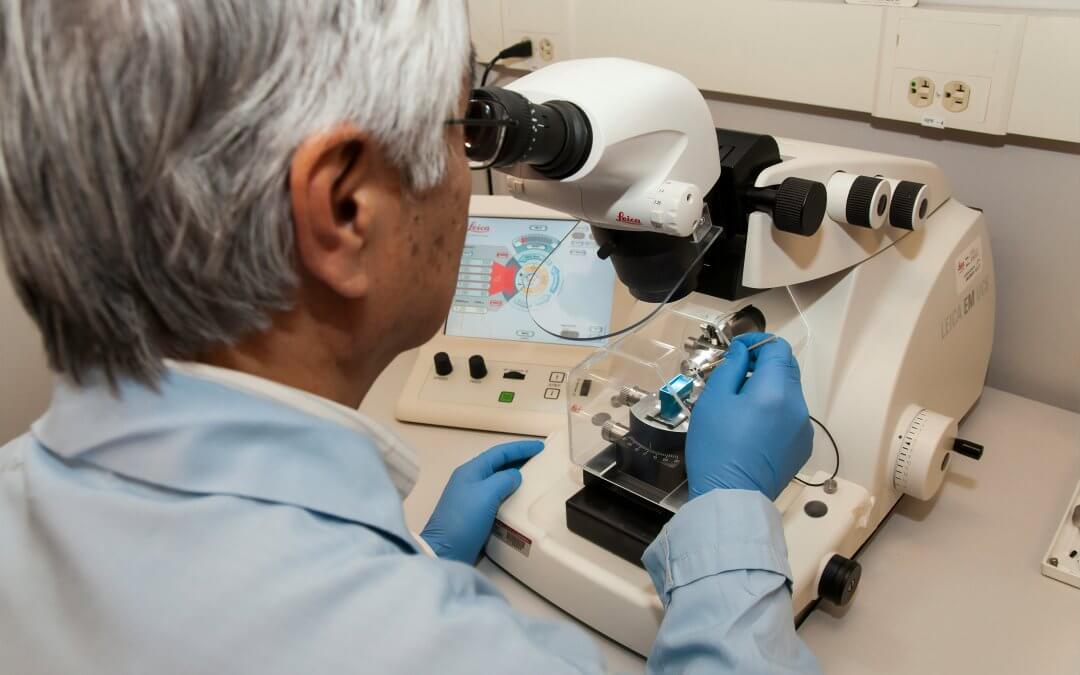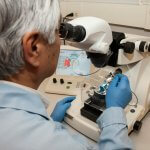A new study published in the journal Burns & Trauma has found that the application of stem cells promotes the repair of diabetic wounds. [1]
Affecting nearly 1 in 10 adults worldwide, diabetes is quickly becoming one of the most prevalent and widespread causes of global public health concern. [2]
Along with causing high blood sugar levels, diabetes can lead to comorbidities that can drastically affect and complicate diabetes sufferers’ quality of life and health.
Chronic wounds, such as diabetic foot ulcers, are the leading cause of such complications, which can result in disability and even, in some cases, mortality.
Diabetic wounds heal more slowly because normal cellular processes are interrupted by high glucose levels.
One important cellular process that high glucose particularly affects is autophagy, the process by which damaged cells are broken down by the body and recycled towards other areas of cellular repair. Autophagy plays a pivotal role in the healing process. [3]
What the team at Shengjing Hospital of China Medical University found was that the application of exosomes from adipose-derived mesenchymal stem cells significantly improved the healing process of wounds in diabetic mice.
They observed the exosomes upregulating the autophagy flux, meaning increased epidermal cell proliferation and migration, promoting healing.
These findings are highly promising, suggesting that mesenchymal stem cell derived exosomes have the potential to reduce the risks posed by diabetic wounds and speed up the recovery process for those who suffer from them.
Currently 50%-70% of all amputations are for diabetic foot ulcers. Depending on further findings, the use of stem cells in the treatment of diabetic wounds like foot ulcers may even mean an end for drastic last resort measures, such as amputation. [4]
If you want to know more about the potential of stem cells and about how to privately store the mesenchymal stem cells from your baby’s umbilical cord and placenta, download our FREE Welcome Pack below.
References
FIND OUT MORE, REQUEST YOUR WELCOME PACK TODAY
All you need to know to make an informed decision. Provide your contact details to request: – Complete Welcome Pack and Parent’s Guide – Information via email – Contact from our specialist advisors









